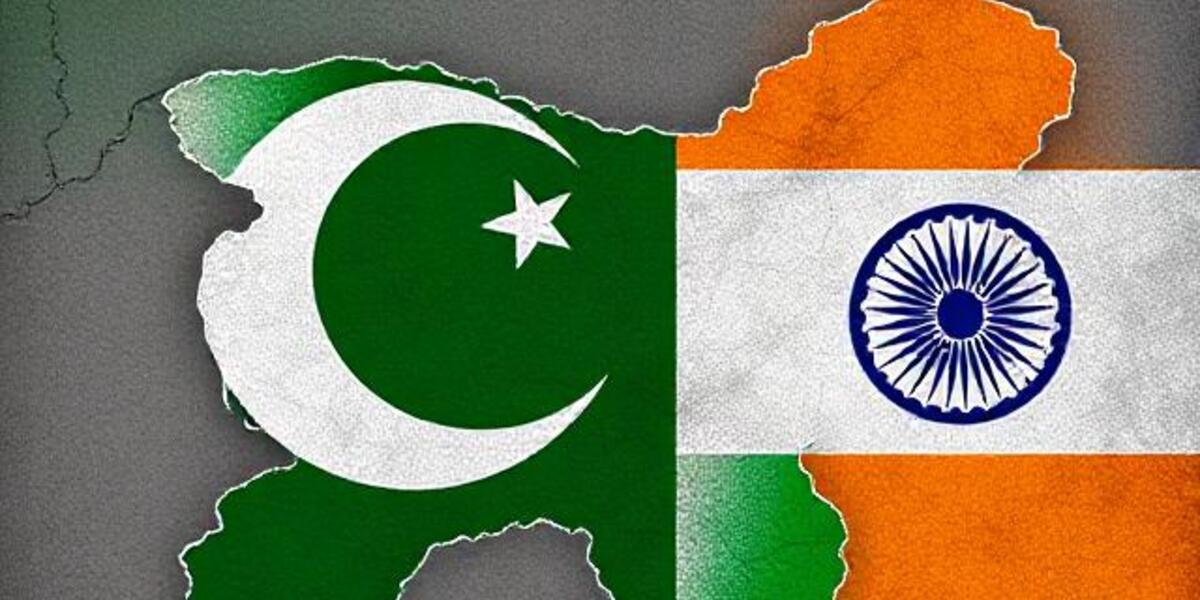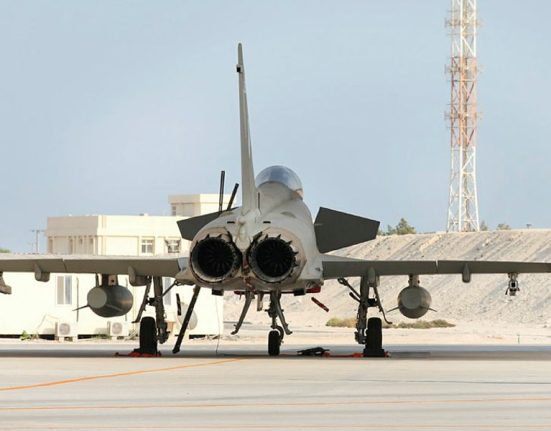Tensions between India and Pakistan have reached boiling point following a deadly terrorist attack in the disputed Kashmir region earlier this week, prompting a dramatic breakdown in diplomatic and bilateral ties between the two nuclear-armed neighbours.
The April 22 attack in the town of Pahalgam, located in Indian-administered Kashmir, claimed the lives of 26 tourists – 25 of whom were Indian nationals, with one from Nepal. A further 17 people were injured.
The militant group Kashmir Resistance has claimed responsibility for the bombing. Indian officials have alleged the group operates as a front for Pakistan-based terrorist organisations, though Pakistan has vehemently denied any involvement.
In the wake of the incident, New Delhi has taken a series of swift and severe retaliatory actions.
Diplomatic fallout
India has moved to downgrade diplomatic relations with Islamabad, expelling Pakistani military advisors and sharply reducing the number of permitted Pakistani diplomatic staff. Indian authorities also cancelled all visas issued to Pakistani nationals and ordered those residing in India to leave the country within 48 hours. The Wagah-Attari border crossing – the only land route between the two nations – has been shut.
In a dramatic move with far-reaching implications, India also suspended its participation in the 1960 Indus Waters Treaty. The agreement, brokered with the help of the World Bank, has survived multiple wars and decades of tension between the two countries. By suspending the treaty, India may attempt to restrict Pakistan’s access to crucial river water – a move that Islamabad has said would be interpreted as an “act of war.”
Pakistan responds in kind
The Pakistani government responded by closing its airspace to Indian carriers and expelling Indian diplomats. In a televised address, Pakistani Prime Minister Shahbaz Khan condemned the loss of life but labelled India’s actions as “reckless provocation.” Pakistan also announced a suspension of all bilateral agreements with India, including the 1972 Simla Agreement, which had previously governed peaceful dispute resolution.
Pakistani officials warned that any attempt by India to restrict the flow of water from the Indus River would destabilise its economy and agriculture, which are heavily reliant on the river system.
A dangerous precedent
The international community has voiced growing concern. The United Nations has called for calm, while the United States and United Kingdom have issued statements condemning the attack and urging both sides to exercise restraint. China, which maintains relations with both countries, has offered to mediate.
Kashmir has long been a flashpoint in South Asia. Both India and Pakistan claim the region in full but control different parts. The current crisis draws parallels to the 2019 Pulwama suicide bombing, which triggered cross-border airstrikes and nearly led to open conflict.
What makes the current situation especially dangerous is the breakdown in communication and the targeting of long-standing cooperative frameworks, such as the Indus Waters Treaty. Observers warn that once these diplomatic safety nets are dismantled, it becomes increasingly difficult for either side to back down without losing face.
Impact on the region and beyond
The escalation has had immediate regional impacts, including disruption of cross-border trade and travel. Flights between the countries have been grounded, and consular services suspended. There are fears of a further rise in militant activity in Kashmir as nationalist rhetoric intensifies on both sides.
Closer to home in the West Midlands, where a significant South Asian community resides, residents with family ties to the region say they are deeply concerned by the rapid deterioration of relations. Community organisations have called for peace and urged political leaders in both countries to avoid further escalation.
Looking ahead
Whether this crisis escalates into open conflict or is reined in through international diplomacy remains to be seen. With both nations armed with nuclear capabilities, the stakes could not be higher.
As global attention turns once again to the contested valleys of Kashmir, the hope is that backchannel negotiations – or at the very least, restraint – can avert further tragedy.







